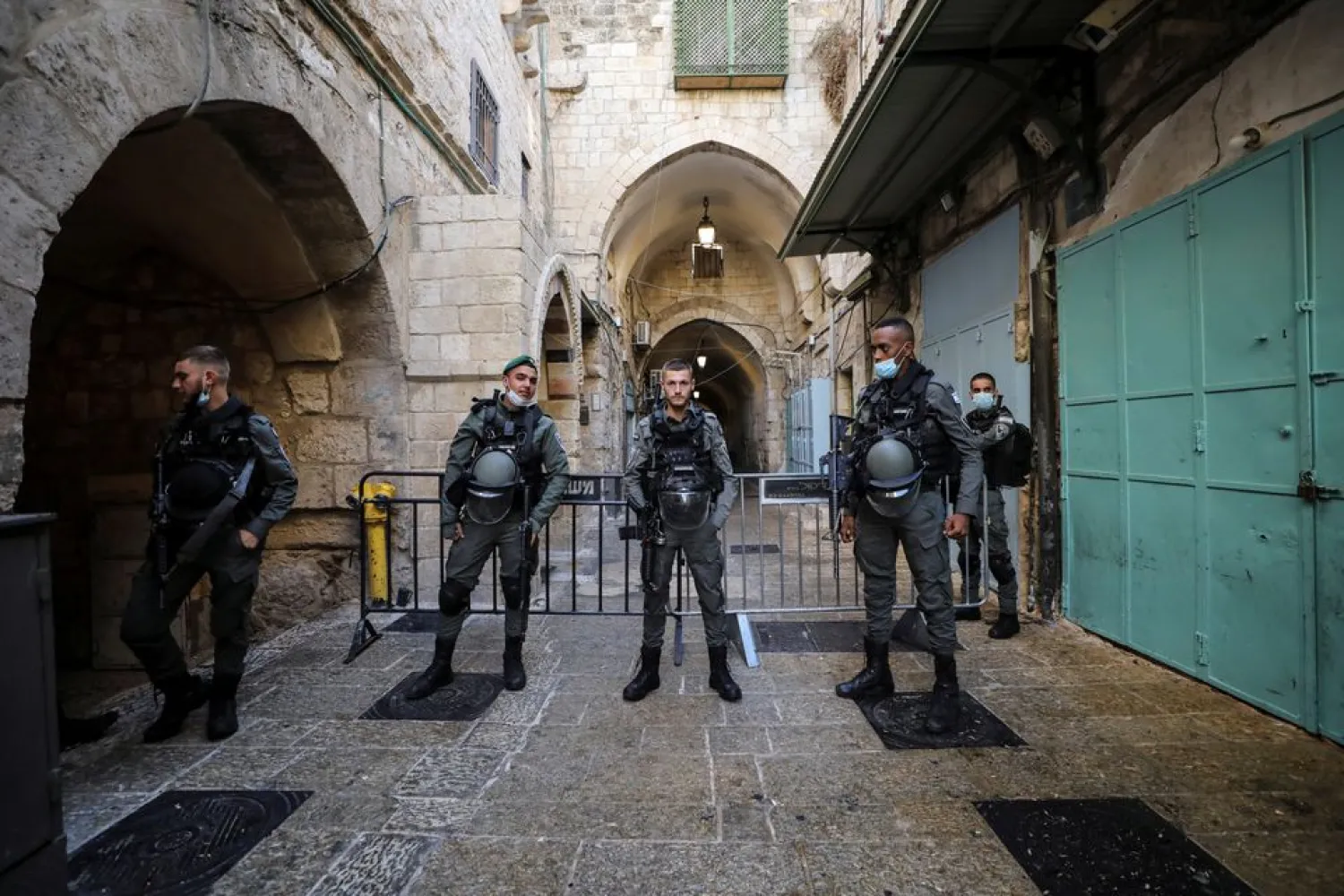Israeli police entered a flashpoint holy site in Jerusalem to clear away Palestinian protesters on Thursday, after Jewish visits that had been paused for the Muslim holidays resumed.
Recent weeks have seen several rounds of clashes at the Al-Aqsa Mosque compound, the third holiest site for Muslims, which is built on a hilltop that is the holiest site for Jews, who refer to it as the Temple Mount. It lies at the emotional heart of the Israeli-Palestinian conflict.
As the visits resumed, dozens of Palestinians gathered, chanting “God is greatest.” Scuffles broke out when the police went to arrest one of them. Police fired rubber-coated bullets on the sprawling esplanade as some Palestinians sheltered inside the mosque itself. The police could later be seen just inside an entrance to the barricaded mosque, The Associated Press reported.
The police said they responded to dozens of people who were shouting incitement and throwing stones, and that one police officer was lightly injured.
But unlike in previous confrontations, Palestinian witnesses said there was no sign of rock-throwing initially. Some of those who sheltered inside the mosque began throwing stones when police entered the building. The witnesses spoke on condition of anonymity because of security concerns.
Under informal arrangements known as the status quo, Jews are allowed to visit the site but not pray there. In recent years, they have visited in ever-increasing numbers with police escorts and many have discreetly prayed, angering the Palestinians as well as neighboring Jordan, which is the custodian of the site. The Palestinians have long feared that Israel plans to eventually take over the site or partition it.
Israel says it is committed to maintaining the status quo, and accuses Hamas of inciting the recent violence.
The visits, by mostly nationalist and religious Jews, resumed Thursday after being paused for the last 10 days of the Muslim holy month of Ramadan and the Eid al-Fitr holiday.
Thursday is also Israel's Independence Day, and in recent days fringe groups had called on Jewish worshippers to celebrate by waving Israeli flags at the holy site. The calls were widely circulated by Palestinians on social media, along with calls to confront any such display.









